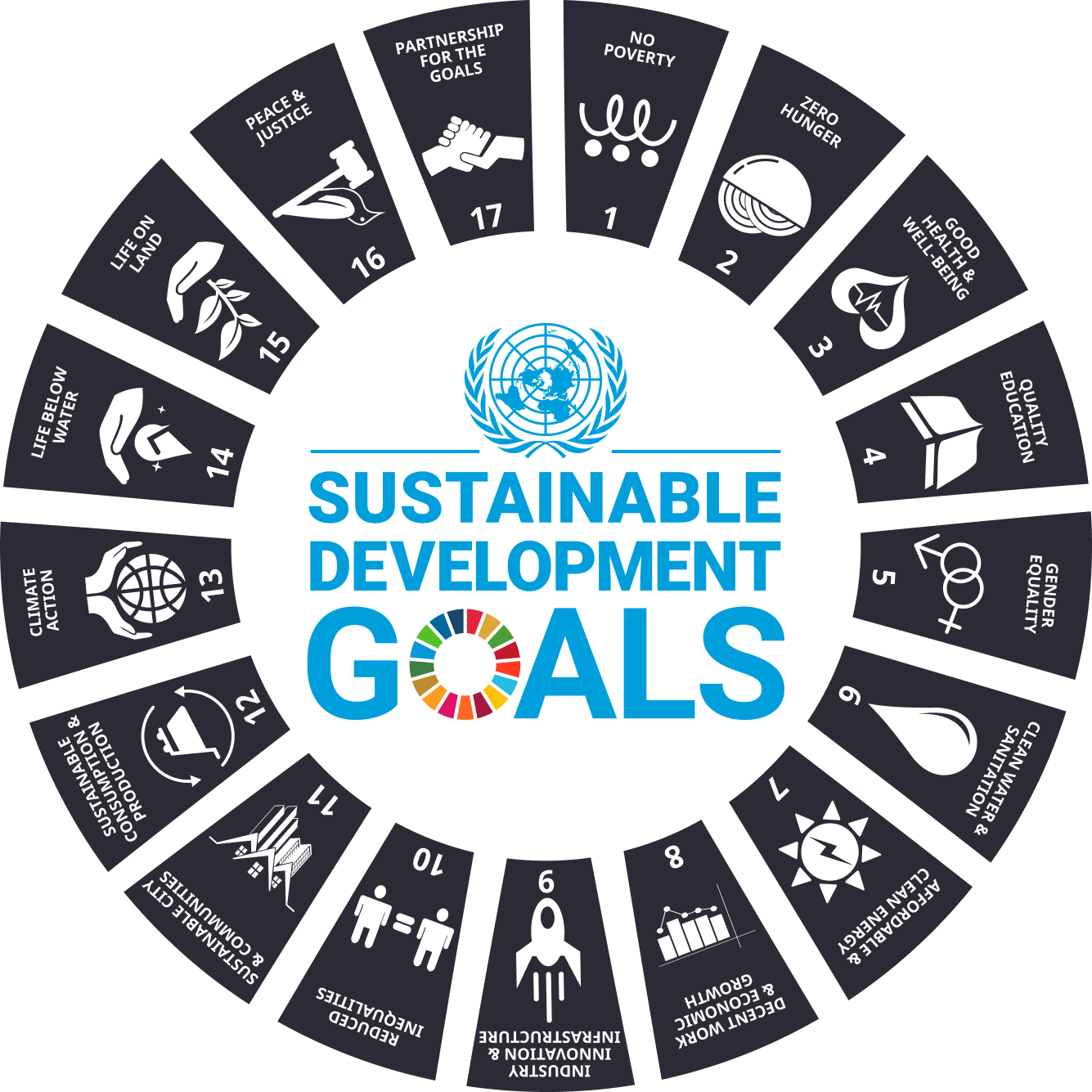
Growth is being rethought: no longer solely as profit maximisation, but as a balance between the economy, the environment and society. This is precisely where impact investing comes in - with the aim of channelling capital to where it can achieve a financial return and demonstrable impact.
Impact investing is not a short-term reaction to social trends, but the logical response to far-reaching megatrends such as climate change, resource scarcity, social inequality and the desire for responsible business practices. These developments are changing capital markets worldwide - structurally, permanently and profoundly.
From pure profit to real impact
For a long time, one principle dominated the financial markets: returns at any price. But the perspective is shifting. More and more investors are distancing themselves from investments that cause ecological or social damage - and are specifically looking for alternatives with responsibility.
Impact investing stands for this new attitude: capital is invested in companies, projects or services that demonstrably make a positive contribution - for example to climate protection, the circular economy or social participation.
‘Impact is the third dimension of performance - alongside risk and return.’
- Sir Ronald Cohen
Impact that counts - and is visible
Clear criteria are needed for impact investing to create trust. According to the Global Impact Investing Network (GIIN), these include a measurable impact, financial returns and full transparency. Standards such as IRIS+ help to systematically record the impact - for example through CO₂ savings, new jobs or educational opportunities.
Because only those who understand the impact of their money can make informed decisions. This is all the more important in a market environment in which information overload and greenwashing often make clear assessments difficult.
Impact ≠ ESG: an important distinction
Impact investing is often confused with ESG strategies - but the difference is significant. While ESG criteria are used to analyse risks and areas of responsibility within the company, impact investing aims to actively bring about an effect. It is therefore not just about minimising risks - it is about creating change.
Impact requires more: a clear intention to have an impact, measurable results and the willingness to pursue impact as a goal of equal importance to the return on investment.
What does ‘sustainable’ actually mean?
Sustainability rests on three pillars:
- Ecology: resource conservation, climate protection, biodiversity
- Social: justice, inclusion, humane working conditions
- Economy: long-term stability and intergenerational fairness
The EU taxonomy attempts to create clear definitions. However, political discussions - for example on the categorisation of nuclear power or armaments - show how controversial the term remains. For investors, this means that their own attitude and a robust understanding of sustainability are crucial.
As early as 1972, the Club of Rome made it clear in its report ‘The Limits to Growth’ that economic activity is not sustainable without taking ecological and social consequences into account. Impact investing is today's response to this realisation - close to the market, transparent and impact-oriented.
SDG 17 - Partnerships as the foundation for impact
The United Nations Sustainable Development Goal 17 is entitled ‘Partnerships for the Goals’.
It forms the structural framework for all other 16 Sustainable Development Goals. This is because no SDG can be achieved on its own - neither climate protection nor access to clean water, education or healthcare. It requires cooperation across sectors, disciplines and borders.
SDG 17 focuses on four key levers:
- The establishment of fair financing structures,
- knowledge transfer between industrialised and developing countries,
- the networking of stakeholders from business, politics, science and civil society,
- and the mobilisation of private capital to achieve global development goals.

This is precisely where impact investing comes in.
It combines capital with impact - and promotes partnerships that go far beyond the individual project. Whether blended finance with public institutions, cooperation with social entrepreneurs or cross-sector innovation networks: impact investing is not just a form of investment - it is a cooperation model.
SDG 17 thus symbolises what impact investing is all about in depth: taking responsibility together, achieving impact together.
Our approach at Deutsche Nachhaltigkeit
We cannot eliminate the complexity of global financial markets. But we can provide guidance.
We make targeted investments in companies and innovations with a real impact - for example in the energy transition, in the area of water-saving consumer products or in digital solutions for sustainable infrastructures. In this way, private capital flows to where it can make a particularly big impact: in the development of future-oriented business models - and in solutions that address real challenges worldwide, such as access to hygiene in water-scarce regions or emerging countries.

Why impact investing is also economically convincing
International asset managers have long been talking about ‘climate risk as an investment risk’. Sustainability is therefore not just a question of conscience, but also a strategy for minimising risk - in the face of regulatory requirements, resource scarcity or changing markets.
Impact investing therefore not only makes sense, but also offers stability - especially in volatile times.
‘In future, every investment decision will also be a sustainability decision.’
- Larry Fink, CEO BlackRock
Share, care & change
Impact investing is more than just a strategy. It is a conscious approach to capital.
Those who invest today want more than just interest: they want to take responsibility, make an impact and help shape the future. But the market is confusing. Terms such as ‘sustainable’ or ‘impact’ are not protected and are often used arbitrarily.
That's why we focus on:
- Earmarked investments with a clear focus on impact
- Transparent criteria and reports instead of mere claims
- Traceable impact in line with established standards
We believe that the more concrete the impact, the greater the trust. And the more transparent the model, the more relevant it becomes for discerning investors.
For us, impact investing means: capital with attitude. And impact with substance.